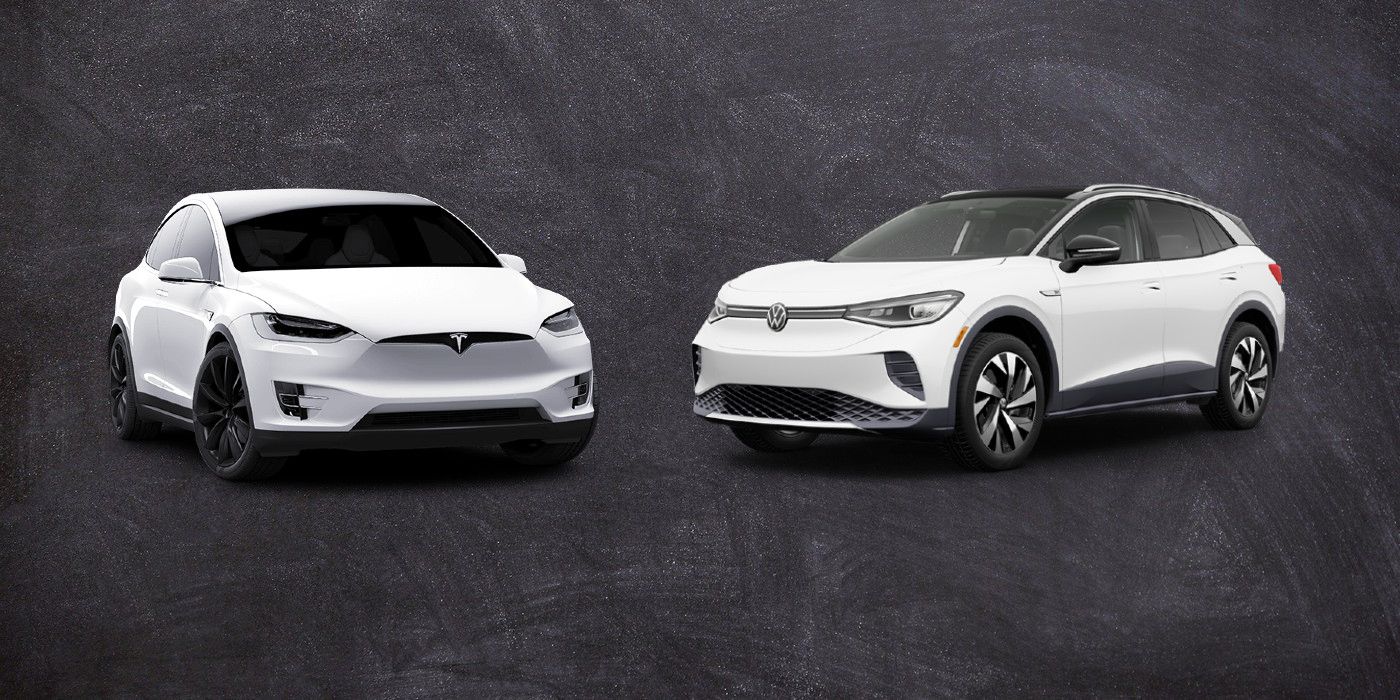Volkswagen CEO Herbert Diess recently claimed that the company can overtake Tesla to become the top EV manufacturer by 2025, but is the goal realistic? The Volkswagen group is one of the biggest automobile manufacturers in the world, with sales of more than 8.6 million vehicles per year and revenues of over $267 billion in 2021. The company owns a number of automotive brands, including Volkswagen itself, as well as Skoda, Seat, Cupra, Audi, Lamborghini, Bentley, Porsche, and Ducati. The company also has a thriving commercial vehicles business under the VW brand.
Tesla is currently the world's largest EV manufacturer both in terms of market share and revenue. The company is, however, facing increasing competition not only from traditional automotive brands like Toyota and Volkswagen, but also from EV upstarts like Rivian and Lucid Motors that have been launching new products to take on the market leader. Under pressure from all quarters, Tesla is moving full steam ahead with its expansion plans, setting up new factories to churn out more vehicles as demand soars amidst increasing gas prices. The increased demand is also allowing the company to raise its prices across the board without worrying about a negative impact on sales.
Speaking to CNBC at the World Economic Forum in Davos, Switzerland, Diess said that Volkswagen is aiming to overtake Tesla by 2025 to become the largest EV manufacturer in the world. Diess, however, praised Tesla for its successful business model, saying that the company's new-age digital structure gives it some obvious advantages in the EV market. He also claimed that the ongoing chip shortage will begin to abate in the coming months as supply chains get their act together.
Can Volkswagen Surpass Tesla?
While Diess insists that VW is in line to pass Tesla in a few years, there's a sizeable difference in EV sales between the two companies as of 2021-22. According to Statista, VW sold just under 762,900 electric vehicles last year, although only 452,900 of those were pure BEVs (battery electric vehicles), while the rest were PHEVs, or plug-in hybrid electric vehicles. That would make it only the fifth-largest EV manufacturer in the world after Tesla, Toyota, BYD, and GM. However, the company's BEVs have seen a phenomenal 95 percent year-on-year increase, which suggests that it is on the right track. In comparison, Tesla delivered more than 935,000 EVs last year, with the numbers increasing every quarter. The company kept up the pace during Q1 2022, delivering over 310,000 units – an almost 70 percent increase over the 184,800 units the company delivered during the same period in 2020.
While VW's EV sales are theoretically growing faster than that of Tesla's, the company is also starting with a lower base. Last year, the company's total sales volume was less than half that of Tesla's which suggests that there's still a long way to go for VW to catch up to the market leader. As for Tesla, its new expansion plans indicate that it is already thinking ahead and making decisions for the future, as EV sales are slated to rise drastically in the coming years. The company is aiming to sell 20 million cars per year by 2030, although much will depend on market conditions and competition from other companies. With market dynamics changing rapidly, only time will tell whether Volkswagen will be able to surpass Tesla any time soon, but it will be a battle well worth keeping an eye out for.


